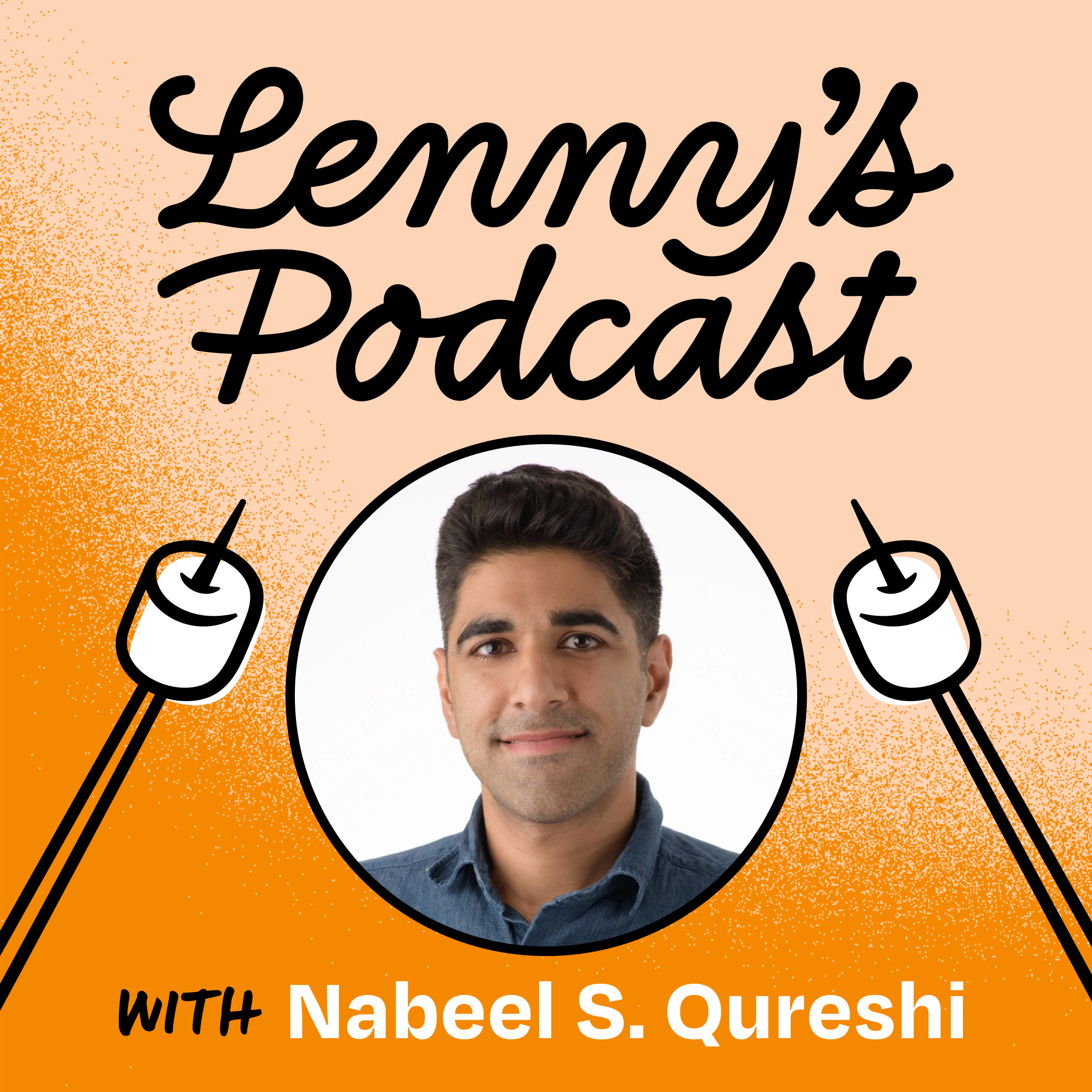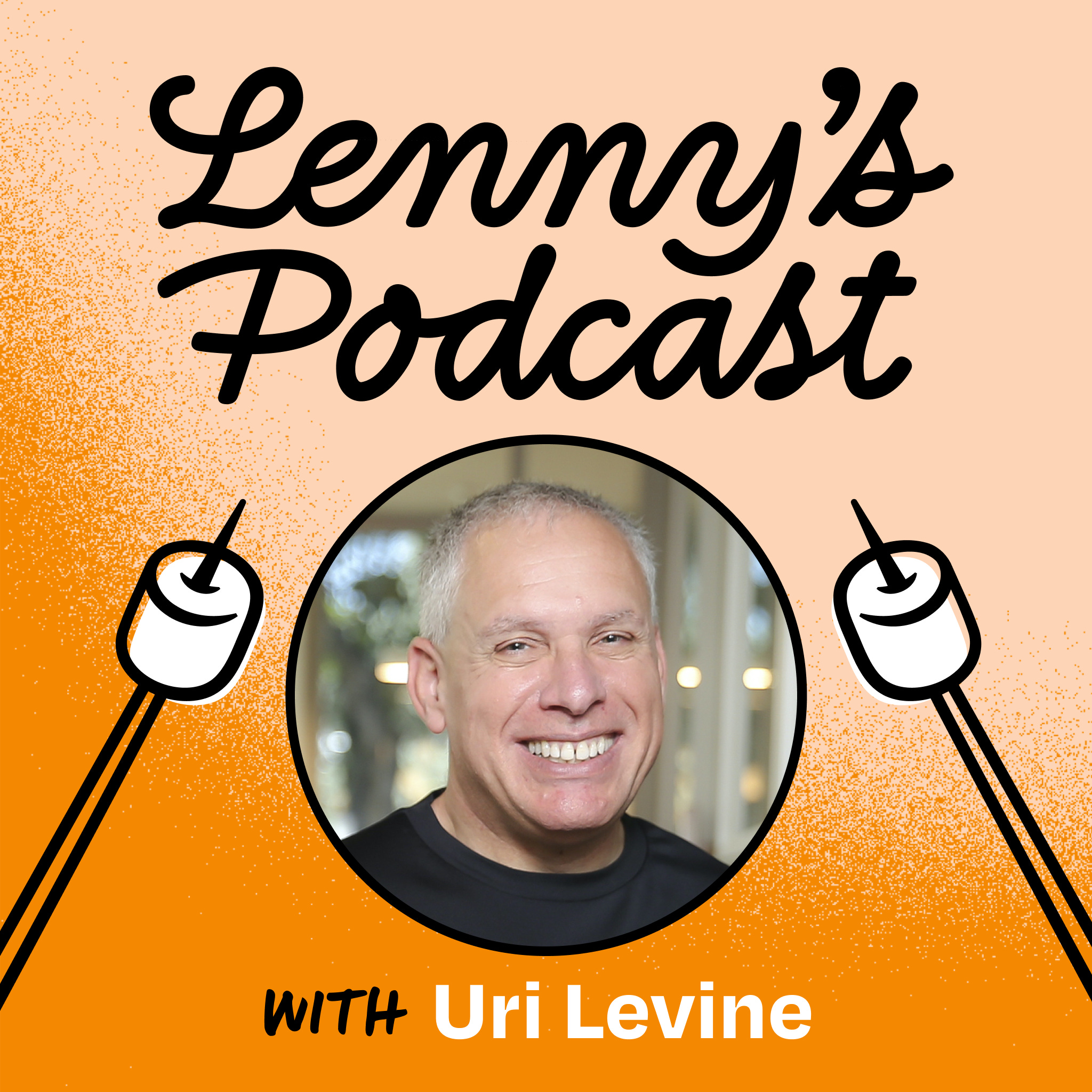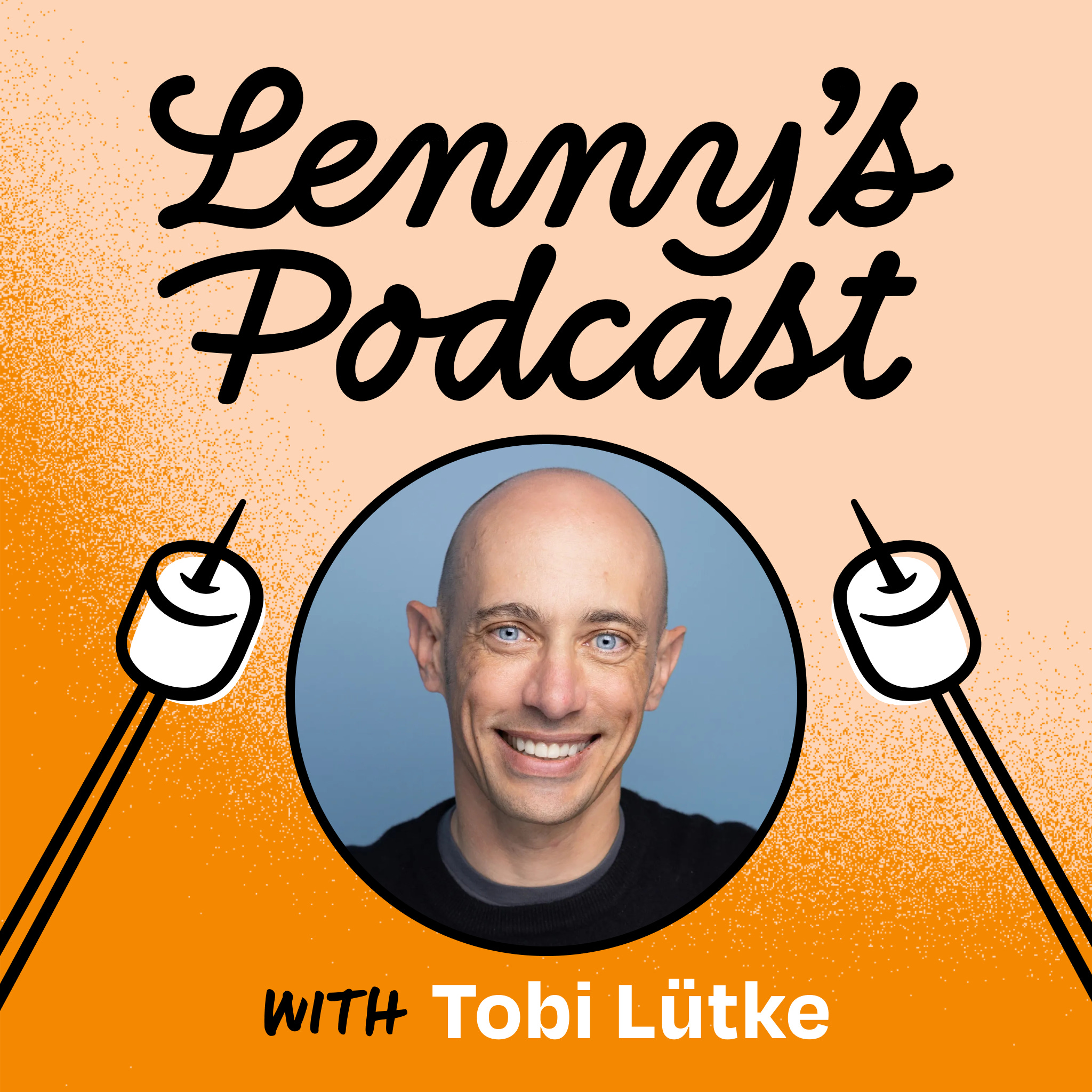
December 5, 2024 • 1hr 34min
How a great founder becomes a great CEO | Jonathan Lowenhar (co-founder of Enjoy The Work)
Lenny's Podcast: Product | Growth | Career

Key Takeaways
- Being a founder vs being a CEO are distinct roles - Founding requires courage and instinct, while being a CEO is a craft that must be learned and developed
- Common CEO failure modes include being a robot (ignoring emotions), perfectionist (paralyzed by seeking perfect answers), pleaser (avoiding hard decisions), and angry CEO (poor emotional control)
- The Magic Box Paradigm for successful acquisitions involves seducing buyers through fantasy rather than traditional sales processes
- Effective hiring requires looking for people who have done the job before, have been "pulled" into roles by past colleagues, and align with company values
- Go-to-market strategy has 4 key components: ideal customer profile, positioning/marketing, demand generation, and sales playbook
- Founders should trust their intuition more when making key decisions, but must learn to distinguish between true intuition and fear-based reactions
Introduction
Jonathan Lowenhar runs Enjoy the Work, a firm focused on helping founders become great CEOs through mentoring and advising services. Their approach is based on studying how the best startups operate and developing frameworks and training to help founders learn critical skills like hiring, financial management, growth strategy, and people management.
Topics Discussed
The Founder vs CEO Distinction (00:30)
Jonathan emphasizes that being a founder and being a CEO are two distinct things that require different skills and mindsets:
- Founder qualities involve grit, tenacity, courage and insight
- CEO skills include building products, selling, recruiting, raising capital, organizing teams and financial planning
- Most founders need to actively learn CEO skills while doing the job
- The best CEOs know when to operate in founder mode vs manager mode depending on what's needed
Common CEO Failure Modes (13:36)
Jonathan outlines several common CEO archetypes that lead to failure:
- The Robot CEO - Believes emotions have no place in startups despite humans being emotional beings
- The Pleaser CEO - More concerned with being liked than making hard decisions
- The Perfectionist CEO - Paralyzed by seeking perfect answers rather than moving forward
- The Angry CEO - Poor emotional control damages team relationships
- The Laissez-Faire CEO - Wrongly believes great people don't need management
- The Ready-Fire-Aim CEO - Takes action without proper planning
The Magic Box Paradigm for Acquisitions (25:25)
Jonathan explains their framework for successful startup acquisitions:
- Traditional approach involves putting up a "for sale" sign and running a formal process
- Magic Box approach focuses on seducing buyers through three phases:
- Learn the fantasy - Understand what excites potential acquirers
- Prove the fantasy - Demonstrate capability to deliver
- Quantify the fantasy - Build future-focused financial models
- Key players in acquisition process:
- Champion - Falls in love with the vision
- Advocates - Support but won't take risks
- Blockers - Can say no but not yes
- Buyers - Focus on financial case
Building Effective Teams Through Hiring (49:28)
Jonathan shares their approach to hiring great talent:
- Three core principles:
- Hire people who have done the job before
- Look for those with history of creating "raving fans"
- Ensure alignment with company values
- Executive archetypes:
- Architect - Builds initial playbooks
- Optimizer - Improves efficiency
- Scaler - Drives growth
- Working backwards from desired 12-month outcomes to determine hiring needs
Go-to-Market Strategy Framework (1:02:54)
The four key components of an effective go-to-market strategy:
- Ideal Customer Profile (ICP)
- Define target customer qualifications
- Develop discovery questions
- Establish clear kill criteria
- Positioning & Marketing
- Identify competitive differentiators
- Develop compelling messaging
- Create brand identity
- Demand Generation
- Select appropriate channels
- Run focused experiments
- Optimize for impact vs effort
- Sales Playbook
- Codify discovery process
- Handle objections
- Define closing approach
Trusting Founder Intuition (1:15:01)
Jonathan emphasizes the importance of founders learning to trust their intuition:
- True intuition comes from:
- Deep self-understanding
- Being well-rested and resourced
- Getting quiet and still
- Distinguish between:
- Genuine intuition - Quiet inner knowing
- Fear-based reactions - Emotional responses
- Trust the "quiet voice" that emerges when you create space to listen
Conclusion
The key to building a successful startup is recognizing that being a founder and being a CEO are distinct roles requiring different skills. While founding requires courage and instinct, being an effective CEO is a craft that must be deliberately developed through learning key skills in areas like hiring, planning, and go-to-market strategy. The most successful founders embrace both aspects while maintaining self-awareness and trusting their intuition to guide major decisions.
For founders looking to improve their CEO capabilities, Jonathan recommends focusing on:
- Self-awareness about strengths and weaknesses
- Deliberate skill development in key areas
- Building strong teams through effective hiring
- Systematic planning and execution
- Balancing intuition with analytical thinking









